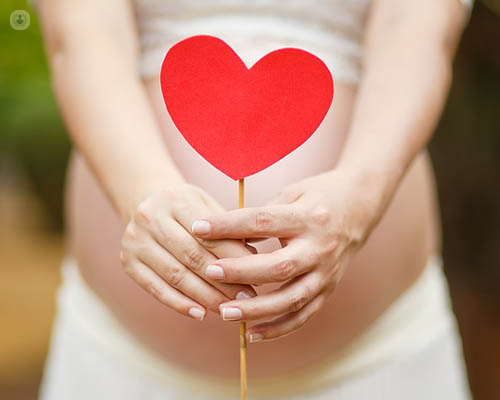What are my chances of getting pregnant?
Autore:In nature, the average chance of a couple conceiving in each cycle is about 1 in 6 (i.e. 15%). It can vary from 1 in 20 (5%) in relatively infertile couples to 1:3 (33%) in very ‘fertile’ couples. Gynaecologist and fertility consultant Mr Parijat Bhattacharjee explains when it is the best time to conceive and just how often couples should try...

A woman having regular monthly periods is almost certainly ovulating (producing & releasing eggs) regularly, which happens 14 days before the next expected period. During the time of ovulation, one may experience a little tummy pain, which generally settles.
What about irregular periods and PCOS?
If the periods are very irregular, it may be due to an emotional or physical stress or excessive weight loss. This is owing to a disturbance of hormones from the hypothalamus gland (deep inside the brain that is the prime controller of most other hormones). The hypothalamus is a primitive but vital area of the brain that is not only associated with the survival instincts of fight or flight but also with emotion (limbic system in the brain) and appetite.
If the periods become infrequent, particularly associated with a gain in weight, it is more likely to be due to PCOS (polycystic ovarian syndrome). It is a wrong name given to the condition that has stuck since the 1930s when it was named. It is primarily a condition that is associated with insulin resistance (as in Type 2 diabetes). This leads to increased insulin that in turn leads to a hormonal imbalance. The results are a male type of hair growth, acne and arrest of maturation of the eggs and follicles. These immature follicles are often seen on ultrasound and are the misnamed ‘cysts’ in PCOS. There are no proper cysts that need treatment. Weight loss, followed by stimulation of ovaries is what’s needed to correct the imbalance.
When is the best time to conceive and how often shall we try?
The timing of intercourse during ovulation gives the best chance of conception. This is often easily verified by a woman having regular periods, generally 14 days before the next expected period. She may have mild tummy pain (due to ovulation- egg being released from the sac) or increased vaginal discharge (cervical mucus becomes thin, clear and stretchy, i.e. more receptive to sperm). Eggs survive for 24 hours. Sperms, once in the cervical mucus, can survive up to a week. Even though ovulation kits are frequently used by many couples, they are not suggested by most guidelines. They are often costly, increase stress and limit the frequency of intercourse.
Generally speaking, intercourse every 3 days or so gives the best chances of fertility. Frequent intercourse does not decrease the sperm count or quality of semen.


